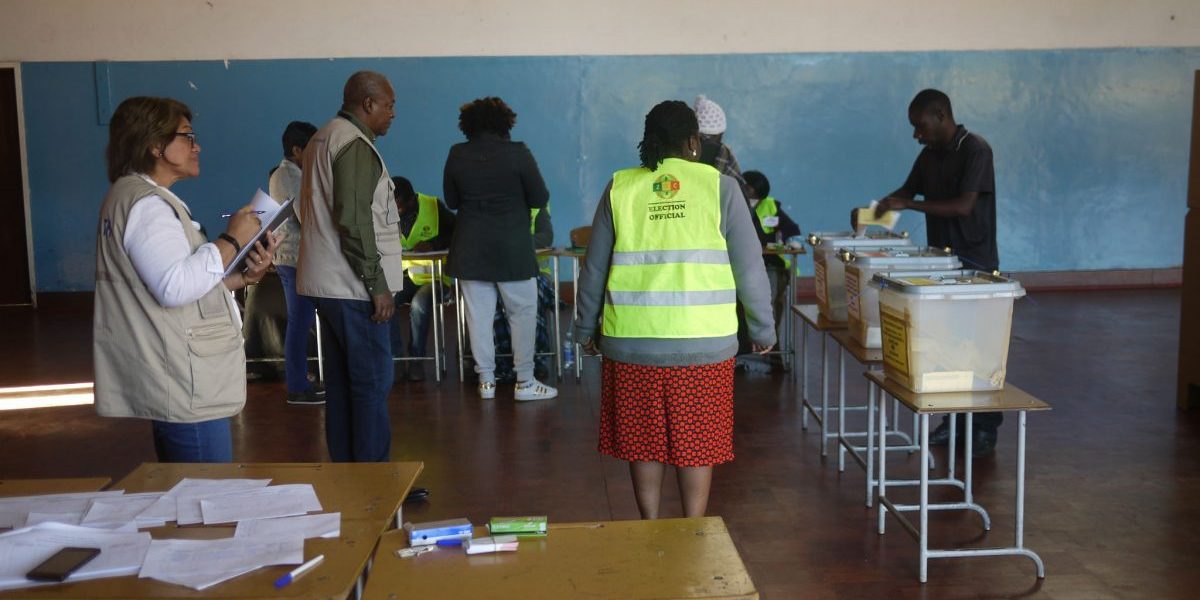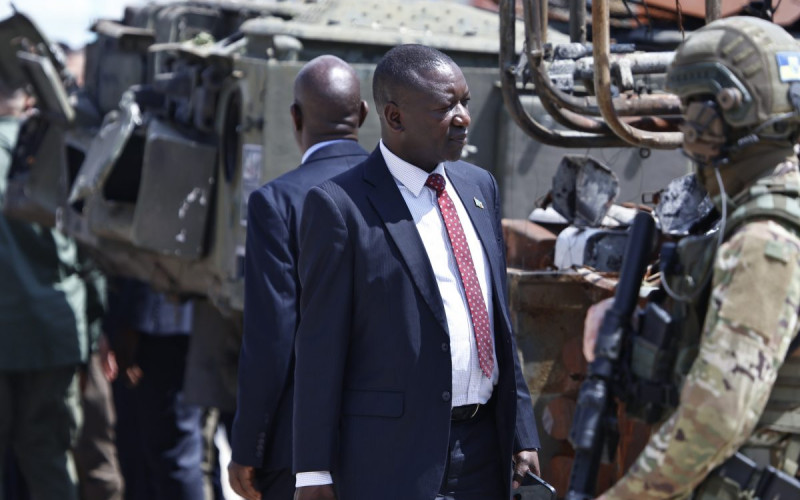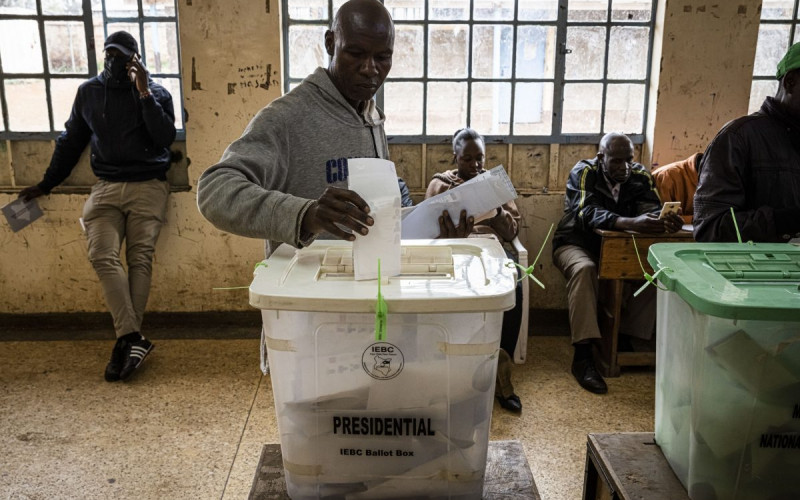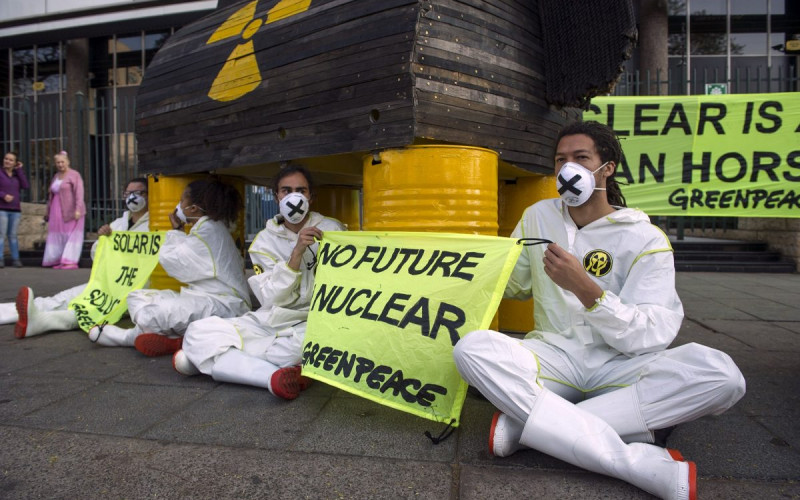But is it the right medicine and what does it say about the two protagonists? Zimbabwe’s economic and political crisis is a deep-rooted one the antidote to which requires more than agreeing to who will hold the reins of power or how the ‘spoils of defeat’ will be parcelled out. The malaise has emerged over a period of more than a decade where land reform was only one of a number of structural challenges the state faced. Thus the fundamental problem that this negotiating process, starting on Thursday, ought to address is the restructuring and transformation of the state and society after years of brutalisation, exclusion and erosion of the constitutional order. A culture of violence, subversion of the rule of law, and little attempt to deal with the country’s history both during and after independence, need to be addressed if this round of talks is to yield anything more substantial than previous rounds.
However, the agreement has a number of weaknesses. Of course, it required some compromise on both sides in terms of what it contained and how it was phrased. But has this weakened the substance of the agreement or reflected the balance of forces between the negotiating partners?
While President Mbeki was still trying to get the parties to the negotiating table, Morgan Tsvangirai set out five preconditions for signing any draft agreement. These were: the appointment of an AU envoy to join the SADC mediating team; the release of all political prisoners; the cessation of violence and the disbandment of all militias; the reinstatement of access by humanitarian organisation to provide food, medical and other related services to Zimbabwe’s population; and that Parliament and the Senate should be sworn in and begin their work programme.
Two preconditions are not addressed in the MoU at all, viz. the release of all political prisoners, and the swearing in of Parliament. President Mbeki’s creation of a reference group last week, which included the AU and the UN envoys – although it is not quite an expansion of the mediating team – may be said to partially address the concerns of the MDC with the impartiality of the SA mediator. Under its ‘interim measures’ the MoU sets out that each party will issue a statement to condemn the promotion and use of violence, ensure that the law is applied fairly to all irrespective of political affiliation, and take all steps necessary to ‘eliminate all forms of political violence, including by non-state actors’. It furthermore, makes provision for the return of any displaced person and the resumption of the work of humanitarian organisations. While these articles seek to address the very heart of the challenges of negotiations under the current political environment, there is no provision in the agreement for effective, independent monitoring of their implementation. This is a fundamental shortcoming.
This is particularly problematic in the light of the manner in which ZANU-PF has conducted itself both before and after the presidential run-off, bringing to bear the might of the state apparatus. In addition, members of the opposition are still in gaol, or have treason charges pending (e.g. the secretary general of the MDC, Tendai Biti). While a completely level political playing field is unattainable for the MDC in the short space, given what has preceded it, the absence of a monitoring mechanism assumes the good will of all parties…something which experience has shown is not the case, especially where power is at stake.
The MoU is very ambitious in the agenda it sets itself, which ranges from economic to political, security and communication matters, framework for a new government, implementation mechanisms and a ‘global political agreement’. There is already a great deal on the table in terms of the overarching political and economic framework. At a clinical level, it is not impossible to cover the ground set out in a space of two weeks. Yet, this downplays the significance of the intangible elements of a successful negotiation: a degree of trust and confidence-building between the parties.
Notwithstanding these flaws in the agreement, the process can render some positive outcomes. The role of the mediator, the reference group and the region are key in this. First, they need to appreciate the omissions and weaknesses that I have mentioned and mitigate their possible negative impact on the outcome. This relates particularly to the balance of power between the MDC and ZANU-PF.
The MDC holds the moral high ground. The party’s trump card was refusal to participate in an MoU or an ensuing agreement, because the region clearly recognises that the current situation in Zimbabwe is no longer tenable. But, the MDC has demonstrated weak mobilising capacity, especially in the face of overwhelming state security machinery. ZANU-PF is not entering into these negotiations to lose their ‘gains’ of 27 June. They recognise that they have to make certain token compromises – just enough to ease the entry of foreign currency for the beleaguered economy, but not enough to weaken their control over the levers of power. This is why the way in which President Mbeki and the reference group play their cards is crucial at this juncture for any agreement.
And while not even FW De Klerk began negotiations believing he was negotiating himself out of power, the duration of those negotiations allowed the reality of this eventuality to dawn on him and his supporters, including the military. This agreement lacks that ‘luxury’.
Thus this round of negotiations should aim to set in place an interim arrangement, upon which a more comprehensive constitutional framework that includes not only the political elites but a cross-section of society, can be negotiated. Such an interim arrangement will have to put policies in place to stabilise the economy, end political violence, and restore rule of law, freedom of association, of movement and of the media. This will require the swearing in of MPs in terms of the March 29 results (no mention of which is made in the MoU) to repeal AIPPA, POSA, the Broadcasting Services Act and the Interception of Communications Act. The interim arrangement should make provision for effective monitoring measures, including the deployment of SADC peace monitors to ensure adherence and implementation, especially by the security establishment.
To achieve such an outcome will require consummate skill and the judicious application of pressure by external actors (not only the mediating team) on the parties to act in good faith. This is a tall order indeed. The reference group constituted by President Mbeki was not mentioned in the MoU. Yet, the reference group allows for a more robust facilitation. Thus President Mbeki should not permit its dilution, especially as it legitimises the mediation more in the eyes of the MDC. Furthermore, the terms of reference of the Reference Group should be made public in the interests of a more transparent process.
Any comprehensive settlement will need to be crafted by Zimbabweans themselves. South Africa however, carries a huge responsibility in this two-week period, to ensure that the ‘hard’ power of ZANU-PF does not trump, yet again the moral high ground of the MDC. The events after the March elections show that elections alone or a government of national unity will not address the country’s problems, nor can the country and the opposition do it alone. What must be avoided at all costs in the talks that begin on Thursday, is the Zapufication of the MDC.







